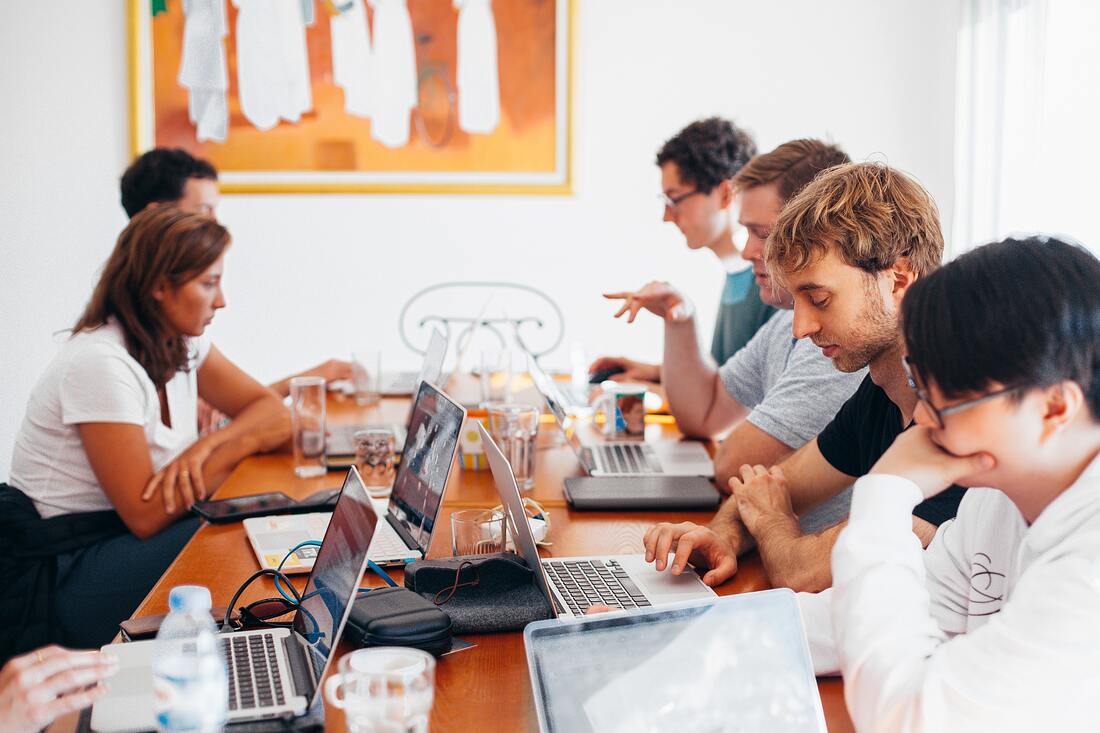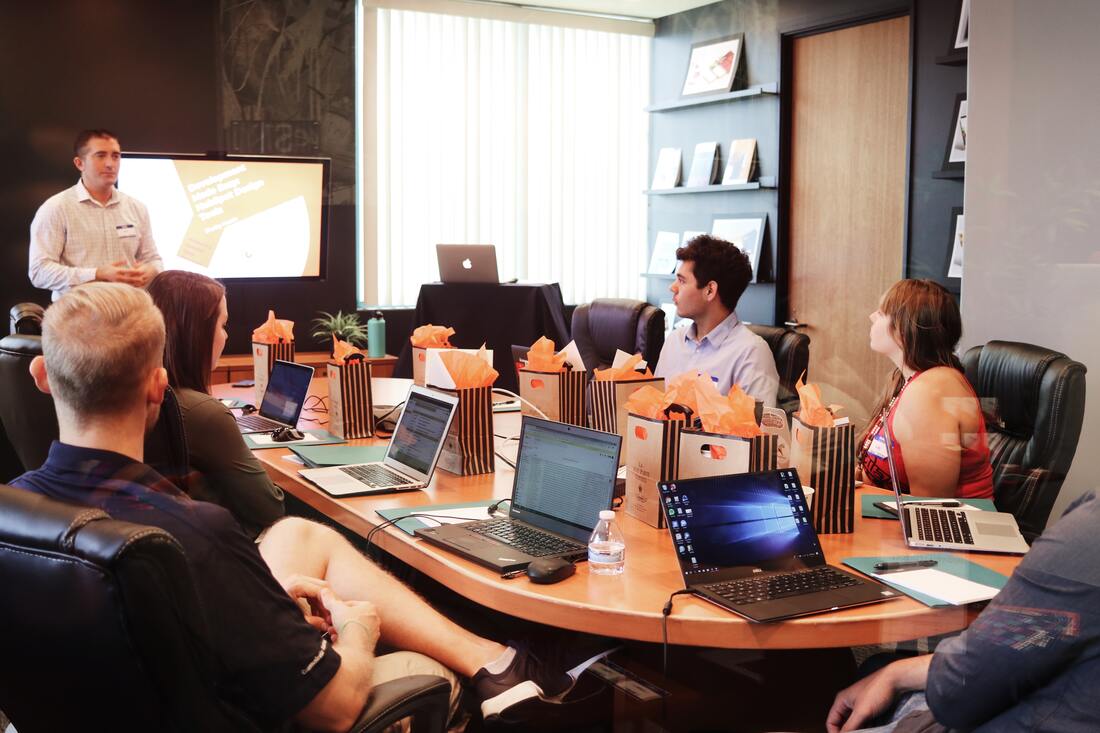Project Results
|
Description
Activities
Leader
Time-table
|
A comprehensive state of the art on activities implemented by NGOs working in the follow-up/aftercare provision of radicalised/vulnerable individuals and VETOs in post-release settings will be performed. Data will be collected from different countries, including social and cultural contexts, to enhance the transferability of the information gathered.
T1.1. Literature review
An in-depth theoretical and analytical description of NGOs’ critical role in P/CVE: How they foster desistance and consequently promote individuals’ rehabilitation and social reintegration, emphasising their position in guaranteeing a proper aftercare provision post-release. T.1.2. Mapping of ‘best’ & ‘promising’ practices, and current approaches’ gaps A comprehensive analysis of the current efforts and practices implemented by NGOs involved in P/CVE. This analysis aims to identify NGOs work with radicalised/vulnerable individuals and VETOs, to detect potential theoretical gaps and needs within this field. Associazione Carcere e Territorio
01/11/2021 - 28/02/2022
|
|
Description
Activities
Leader
Time-table
|
This project result addresses the need to foster NGOs’ involvement in P/CVE whilst enhancing cooperation among such organisations, facilitating the exchange of knowledge, expertise, competencies, measures and practices among practitioners. This effort aims to maximise the European NGOs network’s outreach and transferability and simplify the access to its contents through digital means. A gender balance in the members’ database will be assured.
T2.1. Set up a database of NGOs in Europe
NGOs that develop work with radical individuals or those vulnerable to radicalisation and VETOs, including NGOs from countries beyond the project’s partnership, will be identified. T2.2. Creation of an online platform to host R2COM’s European NGOs network Drawing on data collected on T2.1, an online platform will be built to host R2COM’s Network of European NGOs that work in the P/CVE field. This platform will thus facilitate the exchange of knowledge and know-how amongst these organisations. UNITED for Intercultural Action
01/02/2022 - 30/06/2022
|
|
Description
Activities
Leader
Time-table
|
It aims to comprehensively understand the needs of NGOs’ professionals working in P/CVE, following a gender-sensitive approach. This step benefits from the network developed on PR2, enabling the transferability and adaptability of the insights and conclusions taken from this comprehensive needs assessment to inform the production of PR5.
T3.1. Online survey-based needs assessment
Key qualitative data regarding the needs of NGO’s professionals working with radicalised/vulnerable individuals and VETOs will be gathered. These surveys will be sent to the NGOs included in PR2’s network. Afterwards, the data will be analysed, and the results will be compiled in a report T3.2. Design and organisation of focus groups Each project partner will organise one focus group with at least eight representatives of national NGOs working with radicalised/vulnerable individuals and VETOs to gather insightful information regarding the experiences of NGOs in the P/CVE area and identify the most pressing needs in the training of these professionals. T3.3. International Joint Panel Discussion The findings from T3.1 and T3.2 will be compiled and discussed in a virtual International Joint Panel Discussion. A report will be developed aiming for a comparative analysis of the assessed needs and knowledge gaps. Militants des Savoirs
01/05/2022 - 31/10/2022
|
|
Description
Activities
Leader
Time-table
|
The screening instrument Frontline Behavioural Observation Guidelines (FBOG), particularly its “indicators of change”, will be adapted to specific types of extremism, comprising a gender dimension. This adaptation will ensure its proper implementation by community organisations that deal with radical/vulnerable individuals and VETOs.
T4.1. Establishment of R2COM’s Expert Group
Relevant researchers, practitioners, NGOs, and other relevant stakeholders who develop work and have pertinent expertise regarding radicalisation and violent extremism will be identified to later provide inputs and feedback to the dimensions/indicators and ideological add-on sheets developed in T4.2. T4.2. Adaptation of the FBOG instrument The main dimensions/indicators of FBOG will be comprised, developing four add-on sheets concerning each type of ideology that will be assessed by the instrument, namely Islamist extremism, right-wing extremism, left-wing extremism, and single-issue extremism. A focus will be gender issues that, according to RAN, can have a role in radicalisation. T4.2.1Establishment of dimensions/indicators IPS will conduct desk research to adapt the previous FBOG version, determining which dimensions and “indicators of change” will be screened by the instrument. This procedure will be followed by a review by the Consortium and the Expert Group established in T4.1, and piloting and finetuning on T4.3 and T4.4. T4.2.2. Islamist extremism add-on sheet: Les Militants des Savoirs will develop an Islamist extremism add-on sheet, comprising the determination of which dimensions and “indicators of change” will be screened by it. T4.2.3. Right-wing extremism add-on sheet: Transform will develop a right-wing extremism add-on sheet, comprising the determination of which dimensions and “indicators of change” will be screened by it. T4.2.4. Left-wing extremism add-on sheet: Associazione Carcere e Territorio will develop a left-wing add-on sheet, comprising the determination of which dimensions and “indicator of change” will be screened by it. T4.2.5. Single issue extremism add-on sheet: IGA Crime Prevention Fund will develop a single-issue extremism add-on sheet comprising the determination of which dimensions and “indicators of change” will be screened by it. T4.3. Ethical review and guidelines’ production An internal review of the tool developed within T4.2 will be conducted to adequately address ethical considerations. Ethical guidelines will be developed to ensure that the partnership delivers human-rights compliant, transparent products, with a strong focus on ethical concerns, aligned with the supranational concerns and guidelines. T4.4. Piloting the tool The NGOs on the European database identified in PR2 will be invited to pilot the FBOG tool to determine if the tool works as expected, thus providing relevant results to appropriately guide the action of NGOs in P/CVE. T4.5. Finetuning The information collected in T4.3 and the feedback collected from participants in T.3 will support the finetuning of FBOG, addressing any issues identified. The Consortium (and Expert Group) will agree on a final version of FBOG. IPS_Innovative Prison Systems
01/08/2022 - 31/07/2023
|
|
Description
Activities
Leader
Time-table
|
Innovative and high-quality training programmes for R2COM’s target group, a b-learning course on P/CVE and a Training of Trainers (ToT) course will be developed and implemented, based on the data collected in PR1 and PR3, which will be complemented by the partners' expertise and competencies. Gender mainstreaming will be assured in the development of the courses’ contents, as well as gender diversity among trainees.
T5.1. Develop a b-Learning training course on preventing and countering radicalisation and violent extremism
To fully maximise NGOs’ professionals’ skills in this field, this training course will account for the information collected on T1.3, T1.4, and T1.5 regarding the needs of NGOs’ professionals. T5.1.1. Outlining the training course’s content and multimedia design This outline will include the development of storyboards, articulate software slides, narrations, practical exercises, training manuals, and the compilation of relevant resources, considering the needs assessed on PR1. T 5.1.2. Piloting the training course in each partner country The training course developed will be piloted by a total of 240 NGOs’ professionals, either from the NGO database (T1.2) or from partners’ and stakeholders’ contacts networks. Classroom-based sessions will be held. T5.1.3. Collecting trainees’ feedback on the training course Throughout the e-learning training course pilot, the participants will provide mandatory and optional feedback. T5.1.4. Fine-tuning the training course The feedback collected in T5.1.3 will support the finetuning of the e-learning training course to ensure its relevance and sustainability. T5.2. Create an e-Learning Training of Trainers course for NGOs’ professionals A Training of Trainers (ToT) will be created to capacitate NGOs’ professionals with skills and knowledge to provide training to others within their organisation, ensuring the project’s longevity and outcomes. T5.2.1. Outlining the training course’s content and multimedia design The ToT course will be structured, and its multimedia component outlined, building upon the work previously developed in other Erasmus+ projects regarding ToT courses. T.5.2.2. Piloting the training course in each partner country The ToT course will be implemented in each partner country, with ten trainees per country (totalling 80 trainees). T.5.2.3. Collecting trainees’ feedback on the training course Throughout the piloting of the ToT, participants will provide mandatory feedback and optional feedback. T.5.2.4. Fine-tuning the training course The feedback collected in T5.2.3 will support the finetuning of the ToT course, to improve it accordingly to the trainees’ opinions and experiences. IPS_Innovative Prison Systems
01/03/2023 - 30/09/2024
|
|
Description
Activities
Leader
Time-table
|
Considering the project aims, guidelines will be compiled in a practical handbook, which will be widely disseminated through digital channels with translations for every partners’ language.
T6.1. Design and develop the “He/she might be an extremist? What (when, and how) should I do? – A Practical Handbook”
A practical handbook will be conceptualised to ensure that a proper intervention restructuring occurs in accordance with each individual’s radicalisation push, pull, personal, and protective factors. 6.2. Handbook validation workshops To ensure the utmost quality, relevance and utility of the information compiled in the Handbook, the Expert Board (set up on T4.1) will provide a final review (at ¾’s of T6.1’s timeframe) before the handbook reaches its final form. The goal is to assure that this manual adequately guides NGOs’ interventions with individuals vulnerable to radicalisation or already radicalised. Transform
01/05/2024 - 31/10/2024
|








